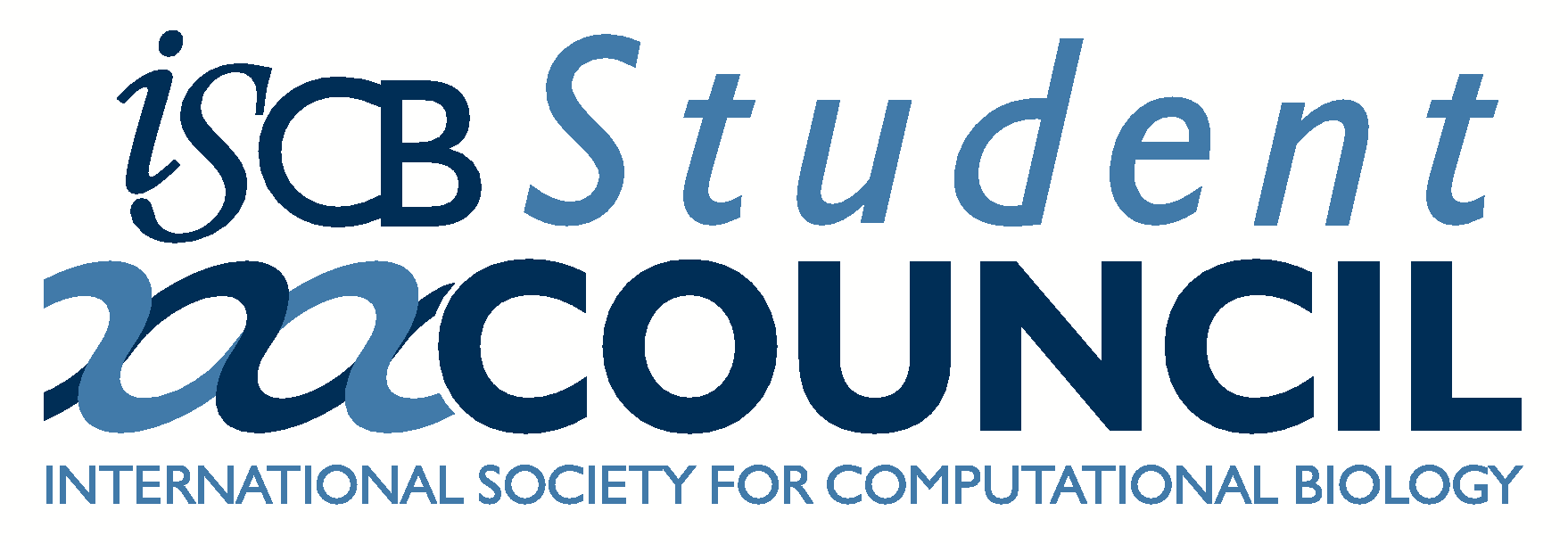Welcome
Welcome to the homepage for the ISCB-SC DC RSG Spring 2015 Student Research Symposium. This is the first in what we hope will become a regular series of student-driven research symposiums centered around the DC metropolitan area.
International Society for Computational Biology (ISCB) Regional Student Groups (RSGs) are regional organizations designed to bring together students and post docs working in the general area of computational biology.
From the ISCB RSG website:
In 2006, the Student Council conceptualized 'Regional Student Groups (RSGs)' with the aim to promote interaction among students pursuing research in the field of Bioinformatics and Computational Biology. Over the past few years, SC has successfully established 26 RSGs globally and the number is on a steady rise. Presently, the RSGs comprise of more than 1500 members across the world. RSGs conduct regional events and meetings to promote the professional development of students. RSGs also aim to serve as a bridge between the local industry and academia by providing career opportunities for the students.
The DC area regional student group was established in January 2015.
To find out about future DC RSG events, checkout our mailing list at: https://groups.google.com/forum/#!forum/rsg-dc-region.
Time and Location
When
9:45am - 4:00pm, Thursday May 14, 2015
Where
Biology-Psychology (BPS) 1208
University of Maryland
College Park, MD 20742
Travel
Metro
To get here via Metro, take the green line to College Park - University of Maryland and take the East exit (the nearest one to the escalators) to the bus terminal. From there, Catch the 104 UMD shuttle to campus. The final stop for the shuttle is the Regents Parking Garage, which is a two minute walk from BPS.
Driving
If you are coming by car, the closest visitor parking spaces are located in the Regents parking garage We recommend car-pooling, if possible.
Schedule
| 9:45-10:00 | Welcome and Introduction |
| 10:00-10:30 |
Keynote Presentation: Connecting genotype to phenotype Joel Bader, Ph. D. Associate Professor, Department of Biomedical Engineering Interim Director, High-Throughput Biology Center |
| 10:35-10:50 |
Exploring the interactions between species in dual transcriptomics datasets V. Keith Hughitt Department of Cell Biology & Molecular Genetics, Center for Bioinformatics and Computational Biology University of Maryland, College Park |
| 10:55-11:10 |
Classification of Histone Variants Eli J. Draizen Post-baccalaureate, NCBI, NIH |
| 11:10-11:30 | Coffee Break |
| 11:30-11:45 |
Assessment of Transcription Factor Binding Motif and Regulon Transfer Methods Sefa Kılıç Ph.D. Candidate, Dr. Ivan Erill’s Bioinformatics Lab Department of Biology University of Maryland, Baltimore County |
| 11:50-12:05 |
Shape analysis of high-throughput genomics data Kwame Okrah Center for Bioinformatics and Computational Biology University of Maryland, College Park |
| 12:10-12:25 |
The road to linking genomics and proteomics of pathogenic bacteria: From binary protein complexes to interaction pathways Sarah Keasey United States Army Research Institute of Infectious Diseases (USAMRIID) Department of Molecular and Translational Sciences |
| 12:30-1:45 | Lunch Break |
| 1:45-2:00 |
Protein Domain Landscapes of Somatic Mutations in Cancer Thomas A. Peterson Dr. Maricel Kann’s Bioinformatics lab Department of Biology University of Maryland, Baltimore County |
| 2:05-2:20 |
SubClonal Hierarchy Inference from Somatic Mutations: Automatic reconstruction of cancer evolutionary trees from multi-region next generation sequencing Noushin Niknafs Ph.D. Candidate Biomedical Engineering Program Institute for Computational Medicine Johns Hopkins University |
| 2:25-2:40 |
Which genome assembly is better? Chris Hill Center for Bioinformatics and Computational Biology University of Maryland, College Park |
| 2:45-3:00 |
Optimal Recognition Schemes for Transcription Factor Binding Sites Patrick O'Neil Ph.D. Candidate Dr. Ivan Erill’s Bioinformatics Lab Department of Biology University of Maryland, Baltimore County |
3:10-3:40 |
Keynote Presentation: A probabilistic model to predict phenotype from genotype Rachel Karchin, Ph. D. Associate Professor, The William R. Brody Faculty Scholar, Johns Hopkins University. Institute for Computational Medicine, Department of Biomedical Engineering, Department of Oncology. |
| 3:40-4:00 | Closing Remarks |
